Gaming PCs are magnificent. All that power under such a sleek hood feels intoxicating, right? It is almost crazy to think that you could build such an impressive machine yourself. However, it is not difficult when you have the proper tools and PC components. In fact, it is rather enjoyable.
You may find yourself asking “What do I need to build a gaming PC?” Building your very own gaming PC starts with getting the right parts. Here is a list of everything you will need to build a powerful gaming PC:
Gaming PC Parts:
- Central Processing Unit
- Motherboard
- Graphics Processing Unit
- Random Access Memory
- Storage
- Power Supply Unit
- Casing
- Fan or Cooler
- Monitor
- Accessories
Central Processing Unit
The CPU functions as the PC’s brain, which makes it the most important component in your toolbox. The CPU is responsible for executing commands, and how well it executes commands depends on how powerful it is. If you’re building a gaming PC, the CPU is a good place to start.
Ideally, it’s prudent to go for the latest CPU models as they will deliver the best performance. Fortunately, the market is full of CPUs with impressive specs at varying prices. The best options include Intel and AMD. Intel is a popular choice, and their best CPU models for gaming include 8th and 9th generation Core i5 and i7 processors. AMD’s best processors for gaming are Threadripper and Ryzen.
Motherboard
If the processor is the CPU’s brain, then the motherboard is the backbone that connects all other components. It facilitates communication between the different CPU components.
Ideally, it is prudent to get the best motherboard that your money can afford. Focus on features such as connectivity, lighting, and CPU overclocking when choosing the ideal motherboard. However, be forewarned that your options may be limited, as some motherboards are incompatible with some CPU models.
Graphics Processing Unit
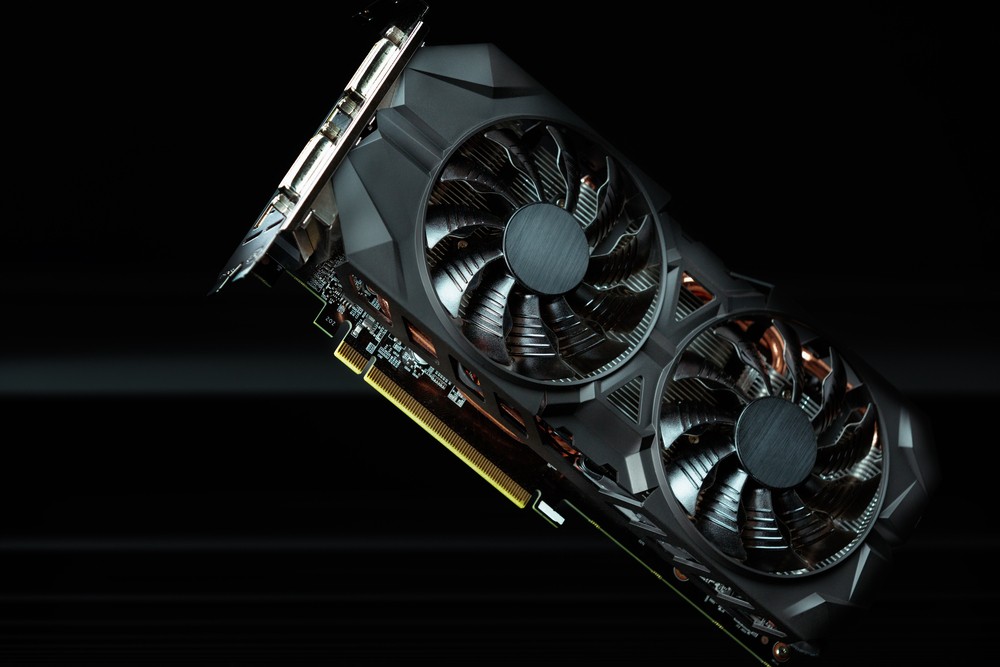
A gaming PC is distinguished by its ability to process the complex calculations involved in PC games. This is because they feature a graphics processing unit (GPU), also known as a video card.
Some CPU models feature integrated graphics cards. However, these cards are usually average in performance, which makes it necessary to get a secondary graphics card. You have plenty of options at your disposal, but experts recommend going for the best-quality models. In that case, your best options include AMD’s Radeon RX Vega and Nvidia’s RTX 2080 Ti.
Video cards are vital components for gaming PCs, which makes it necessary to emphasize quality and focus on the card’s frame and resolution capabilities. It is also important to note that video cards are quite expensive.
Random Access Memory (RAM)
Gaming creates a lot of short-term memory that your computer has to access continuously for a smooth experience. The RAM is responsible for storing temporary memory. Experts recommend getting a large-capacity RAM, considering that you will want your PC to flawlessly handle the heaviest games – experts recommend at least 32GB for longevity.
Storage
You will need somewhere to store everything you need to run your gaming PC, ranging from the Operating System to your games’ permanent data. This calls for a storage disk, such as a Hard Disk Drive (HDD) or Solid-State Drive (SSD). SSD disks are preferable as they are faster and quieter compared to HHD disks, and speed is critical in gaming.
It is advisable to go for a large capacity storage drive, preferably at least one Terabyte – or more – to store everything you need for an enjoyable gaming experience. You can also complement your PC’s internal storage with an external hard disk and USB storage drives.
Power Supply Unit
The power supply unit is often overlooked because it only serves one purpose that does not directly affect the gaming experience. However, the PSU is an important component as it supplies the power your gaming PC needs to operate. It is also important to ensure that the power supply unit matches your PC’s wattage requirements – get a heavy-duty PSU if your PC is running on high-end video cards, SSDs, and other components.
Case
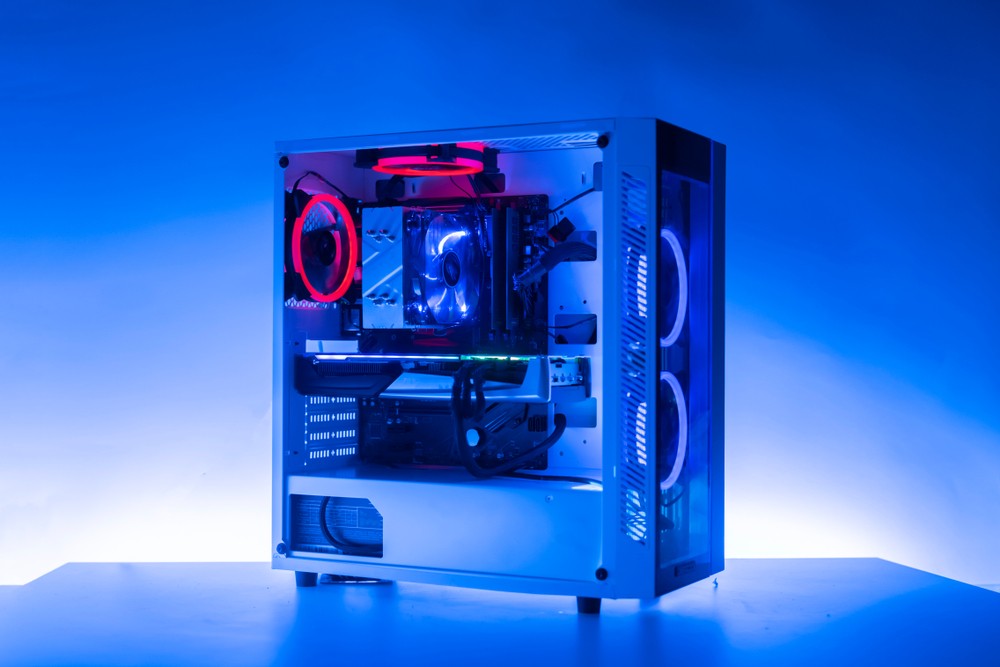
Your gaming PC’s case is the first thing that people will note. In fact, gaming PCs are distinguished by their flashy, compact cases.
Cases come in different shapes, sizes, and designs. Transparent and translucent cases are especially popular because they offer a glimpse of your gaming PC’s internal handy work. Experts also recommend getting a case that features an in-built cooling system, including fans and cooling loops. It’s also advisable to get a big case if you plan to make customizations in the future.
Fan or Liquid CPU Cooler
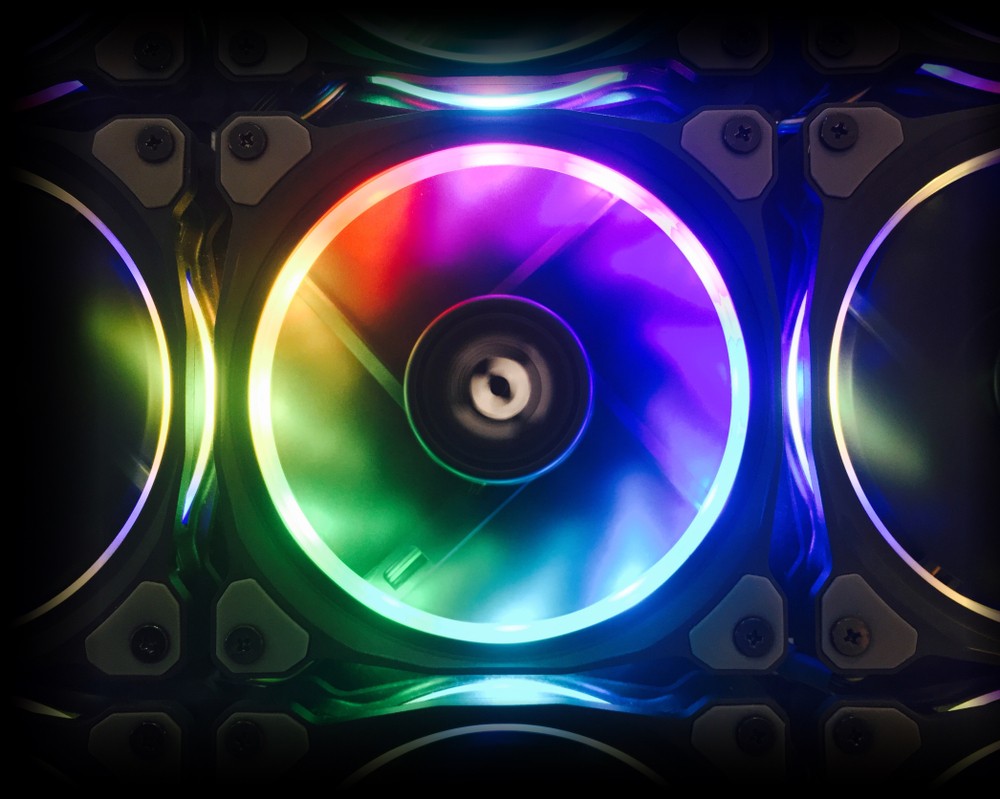
Gaming causes PCs to overheat, regardless of how powerful the different components are. Excessive heating is dangerous to the PC’s gaming components, and it can reduce their durability or cause direct complications, such as shorts to the motherboard. As such, it is important to have a reliable cooling solution.
You have two cooling options: a fan or a liquid CPU cooler. A powerful, high-speed fan will do the trick if your PC doesn’t handle excessively heavy games. Alternatively, you can get a liquid cooler if your CPU is overclocked. You can also use a thermal paste to draw heat away from the CPU.
Monitor
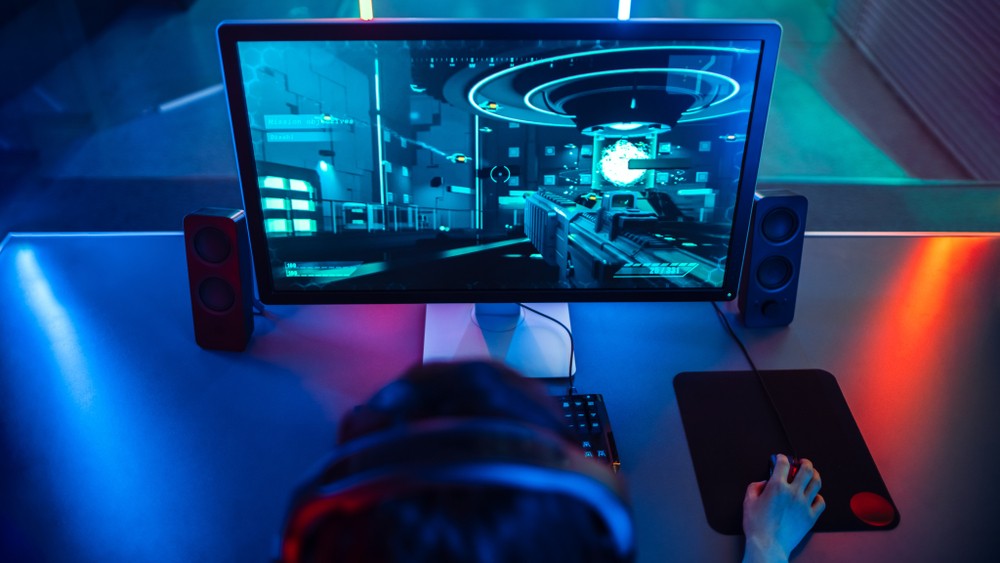
A monitor functions as a portal to your game’s virtual world, as it is where all the visual interactions take place. To this end, the quality of your PC’s monitor can make or break your gaming experience. To this end, it is advisable to get a monitor with high-quality resolution specs.
Experts recommend a 4K monitor with a refresh rate of at least 144Hz for the best video quality. It is also important to note that some monitors support certain graphics cards, so do enough research into your monitor’s compatibility with these and other components.
Accessories
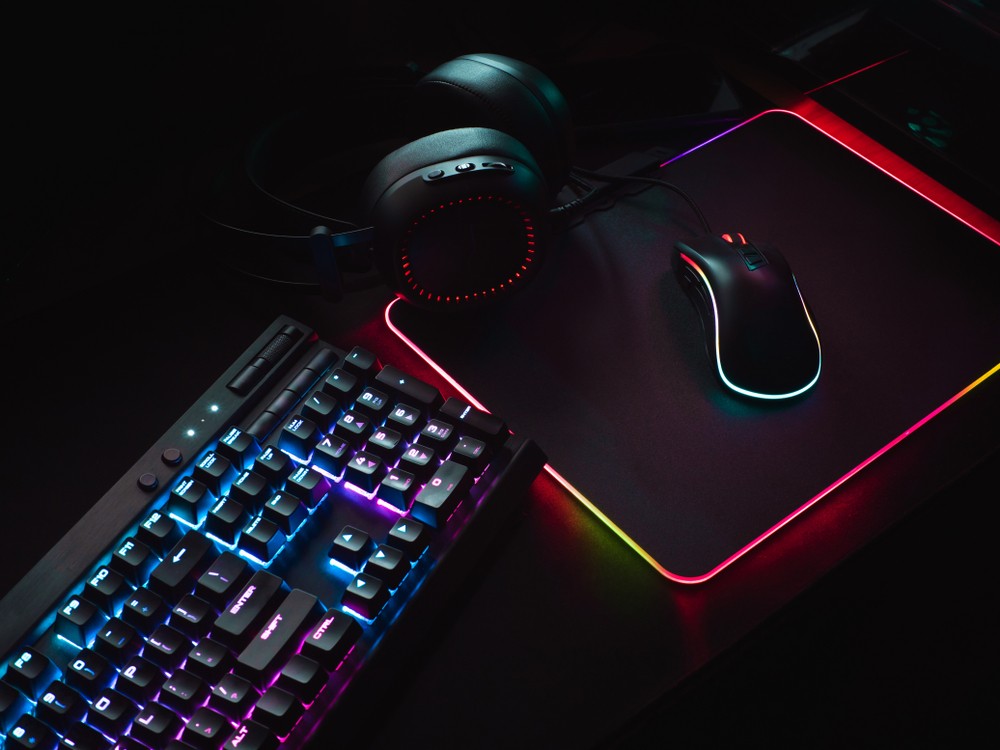
Finally, you will need supporting accessories, including the basics: mouse, keyboard, RGB lighting, and speakers. This shouldn’t be a problem, as these accessories are plenty and affordable. However, be sure to check that your chosen accessories are compatible with your PC’s components.
Final Word
Building a gaming PC is not difficult once you have all the necessary components. These components are sufficient to build an enviable gaming PC. However, don’t skimp on quality, and don’t be afraid to add complementary components for the ultimate gaming experience.

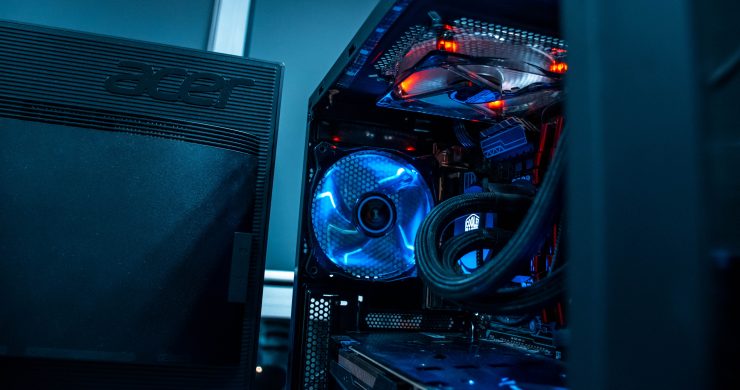





Add comment